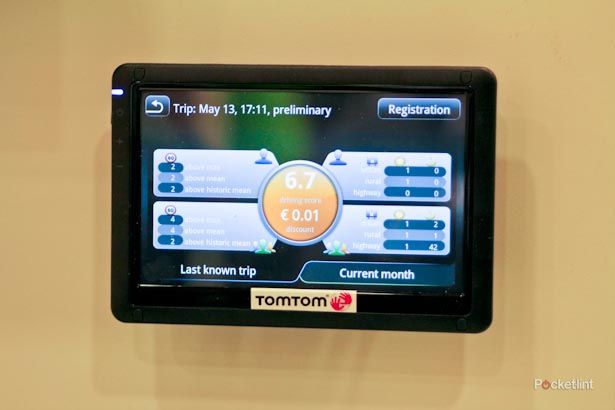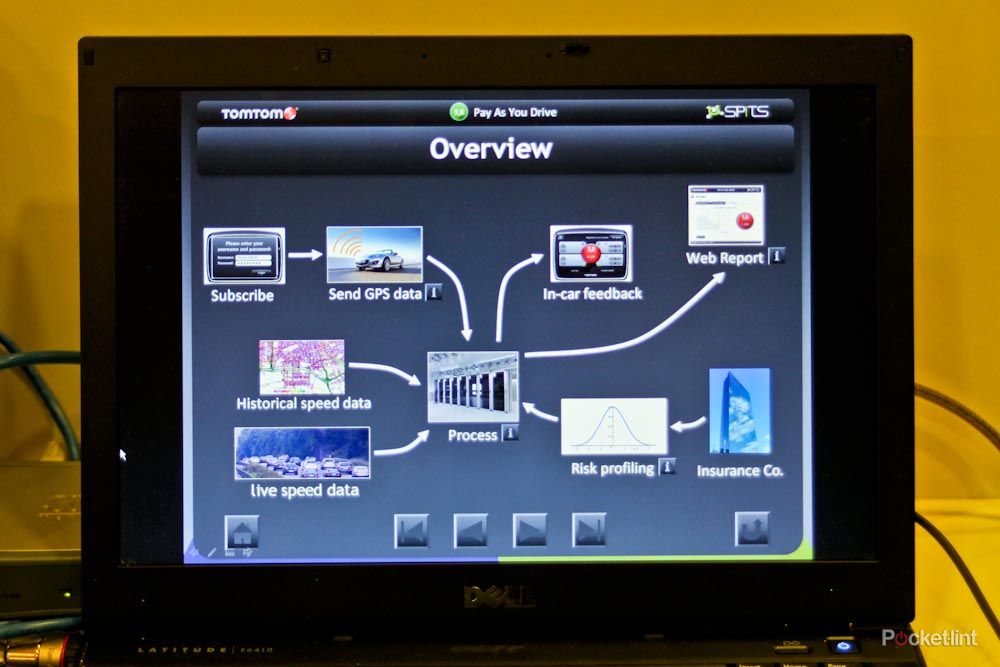TomTom is trialling a Pay As You Drive system that could mean drivers are penalised by insurance companies for driving recklessly.
In a move that will either have you livid at the intrusion of your personal driving freedoms, or leaping for the phone as to why your insurance company doesn’t already offer such a feature, the system could change how we drive forever.
The idea is that a small box of tricks made by NXP (the people behind biometric passports and NFC chips) is fitted to your car and monitors your speed and location, then reports back to your insurance company to let them know how you drive thanks to an embedded mobile phone chip in the device.
That data is then measured against TomTom’s massive global traffic database, which can determine what the suggested speed limit for that section of road is and whether or not you broke it.
And a spokesperson told Pocket-lint that If you drive badly, you will get penalties on your insurance premium, drive well and you get discounts.
Those rewards or penalties are yet to be decided, but the suggestion that’s worked in the trials so far, is that drivers have the ability to reduce their monthly premiums by up to 10 euros if they do well - certainly an incentive.
TomTom is keen to stress that all the data is stored anonymously, and everything to make this whole system a reality is already in place; the company just needs to sign up an insurance company.
In fact, it's actually already tested the concept in the wild, with SPITS (that’s Strategic Platform for Intelligent Traffic Systems) devices in a select handful of cars, as well as their dedicated GPS devices already on the market.
But it doesn’t stop there. NXP’s next generation of chips that power the system are already looking beyond just grabbing speed and location data. The latest iteration of the company’s processors will be able to gain far more information than you would have imagined.
How about telling your insurance company whether or not you are wearing your seatbelt? Or whether you had the radio on when you crashed? Or how hard your pressed that brake pedal in the moments before your incident.
You might be cloudy over what happened in an accident, but if this system becomes widespread, your car is going to know every little detail.
What do you think? Would your insurance premiums go up or down? Let us know in the comments below...


